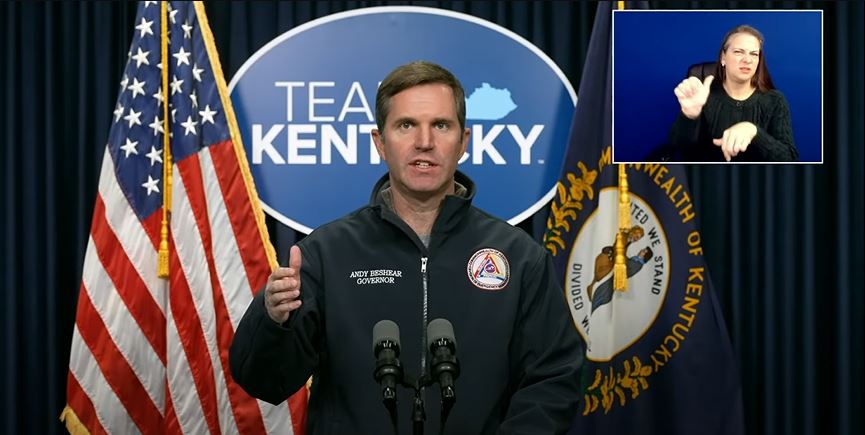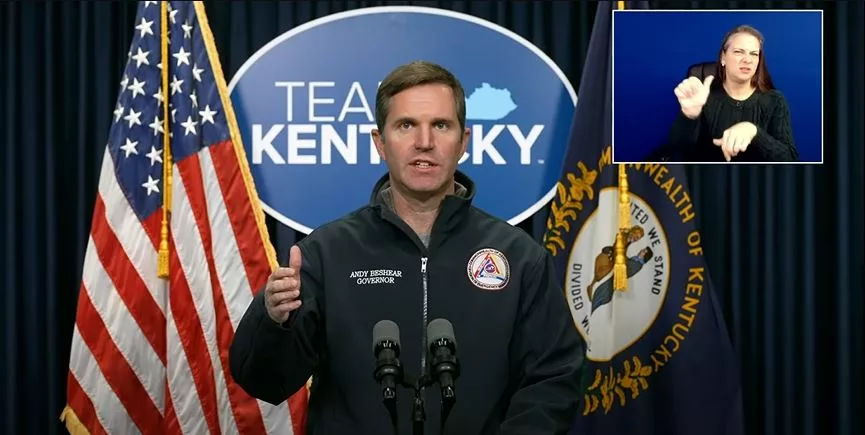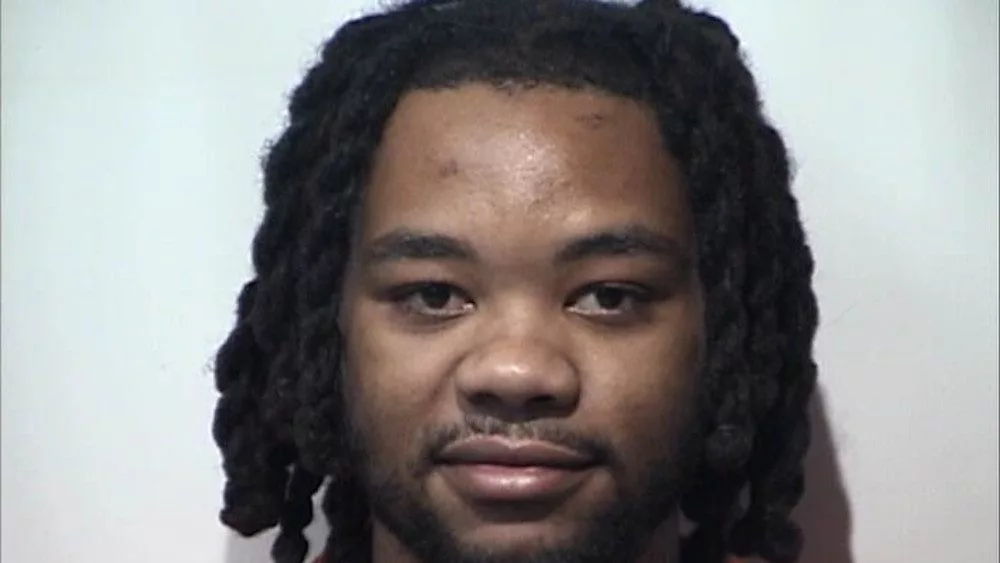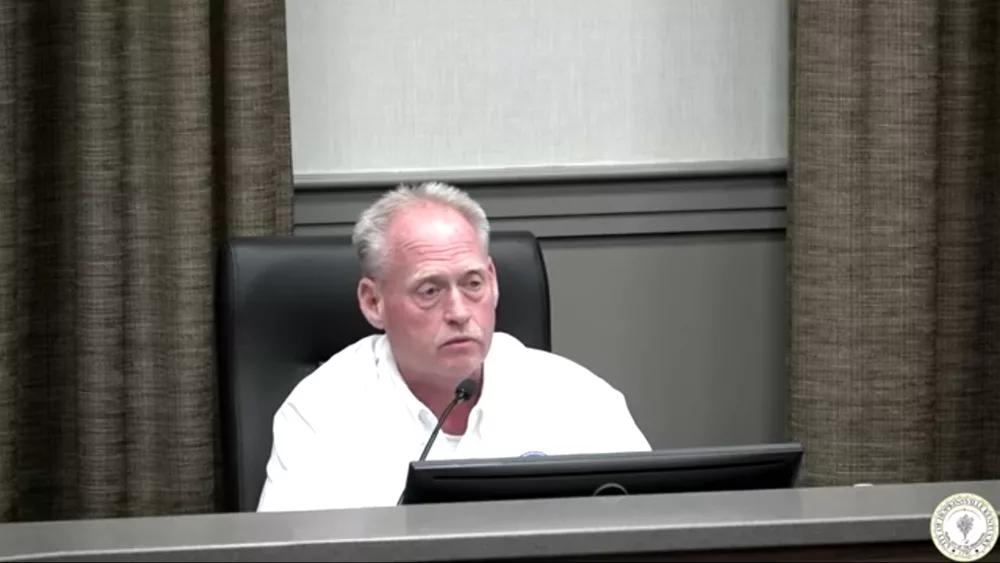
In an effort to completely revamp, revitalize and replenish Kentucky’s Department of Juvenile Justice, Governor Andy Beshear announced Thursday the addition of 81 new security personnel to be assigned across the Commonwealth.
Among those personnel, several are bound for west Kentucky. One is headed to the Christian County Day Treatment Center, one is headed to the Hopkinsville Group Home and six are slotted for the McCracken County Juvenile Detention Center.
The decision follows what the Beshear administration is calling an “aggressive plan” to improve JJS, through the increased retention and recruitment of security personnel at multiple facilities.
In early February, Beshear and the Kentucky General Assembly raised detention center youth workers’ salaries to a minimum of $50,000 annually and reclassified the title to “correctional officer,” creating a modicum of benefits with increased requirements needed for the job.
At present, DJJ’s training academy includes a six-week, 128-hour push of instruction, and it is focused on a variety of rehabilitative topics, including but not limited to: cultural diversity/implicit bias, mental health training, crisis prevention, de-escalation techniques, conflict resolution, riot and hostage situations, searches and contraband, report of abuse and neglect, fire safety, suicide prevention, the Prison Rape Elimination Act, report writing and observation skills, health services protocols, behavior management and legal issues.
The academy also includes two weeks of on-the-job training.
Kentucky’s DJJ system has recently been heavily-scrutinized by, among several state outlets, the Lexington Herald-Leader, and “robust, effective changes” through policy, budgetary and legislative action have been expedited throughout the pipeline, with Beshear and the Public Safety Cabinet filing their requests to the General Assembly on Valentine’s Day.
On February 22, House Bill 591 was filed — encompassing the statutory changes required to allow juveniles to qualify for bail, and removing status offenders and Class B misdemeanants from detention, even for a violation of court orders.
Currently, officials with the DJJ continue to recruit for 103 correctional officer positions and 30 youth workers across 24 state facilities.






